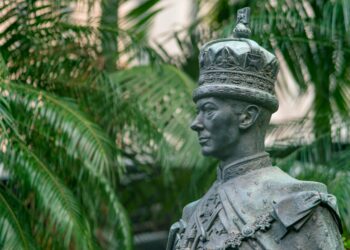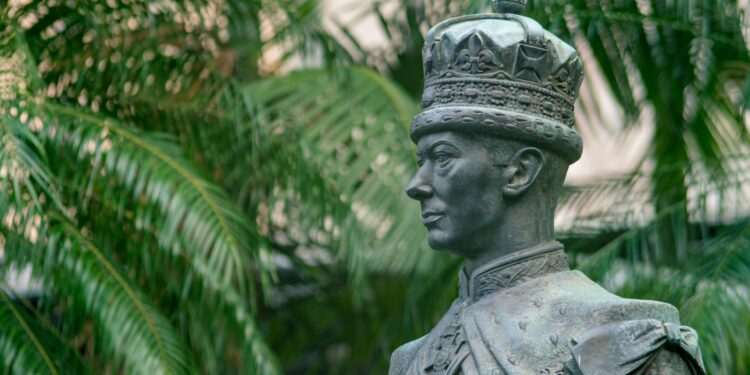In a momentous occasion, Ghana’s Asante King put on display dozens of priceless artifacts that were stolen during British colonial rule. These treasures, including the king’s ceremonial sword and gold badges, were returned by British museums on a long-term loan, marking a significant step towards acknowledging the painful history of colonialism.

Why it Matters
The return of these treasures signifies a commitment to reconciliation and cultural exchange. It paves the way for further collaboration between institutions like the Manhyia Palace Museum and their counterparts in Europe, building bridges of understanding and respect.
Ghana’s efforts echo a wider movement across Africa. Nigeria, for instance, is actively negotiating the return of thousands of artifacts looted from the ancient Kingdom of Benin. Similarly, Benin Republic has received stolen treasures back from France.
What Are They Saying
The Asantehene, King Otumfuo Osei Tutu II, described the exhibition as a homecoming for the “soul of the Asante people.” These artifacts, looted in 1874, represent not just objects, but a vital part of the Asante Kingdom’s cultural heritage.
This event reflects a growing trend of European and American institutions recognizing the need to return looted African artifacts. Museums like the British Museum and the Victoria & Albert Museum acknowledge the “painful history” surrounding their acquisition and the scars left by colonialism.
Bottom Line
These developments represent a crucial turning point. They acknowledge the injustices of the past and offer a chance to heal and rebuild cultural connections. As King Osei Tutu II stated, “the spirit is back here,” marking a new chapter in the relationship between Africa and its former colonial powers.

















